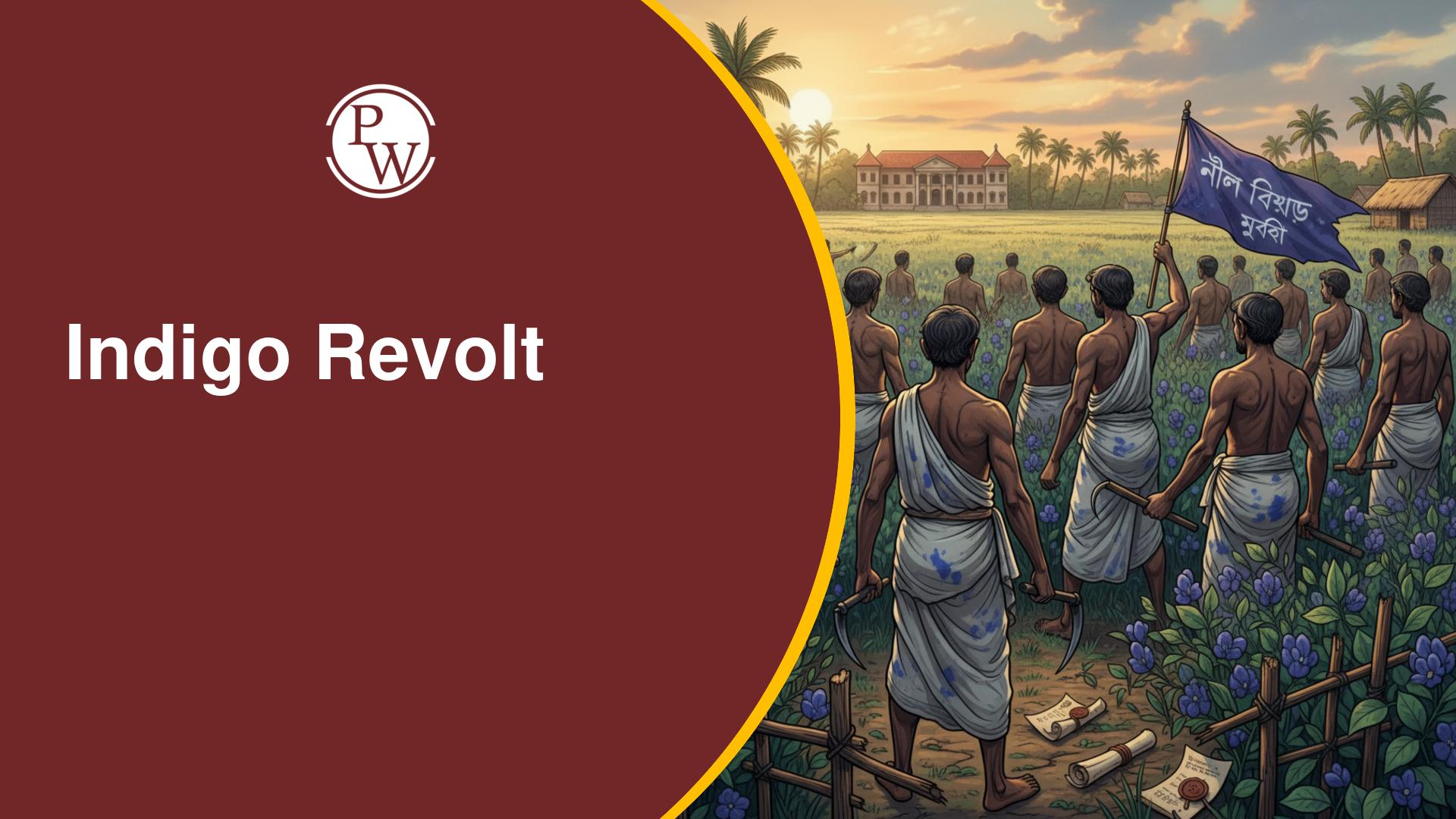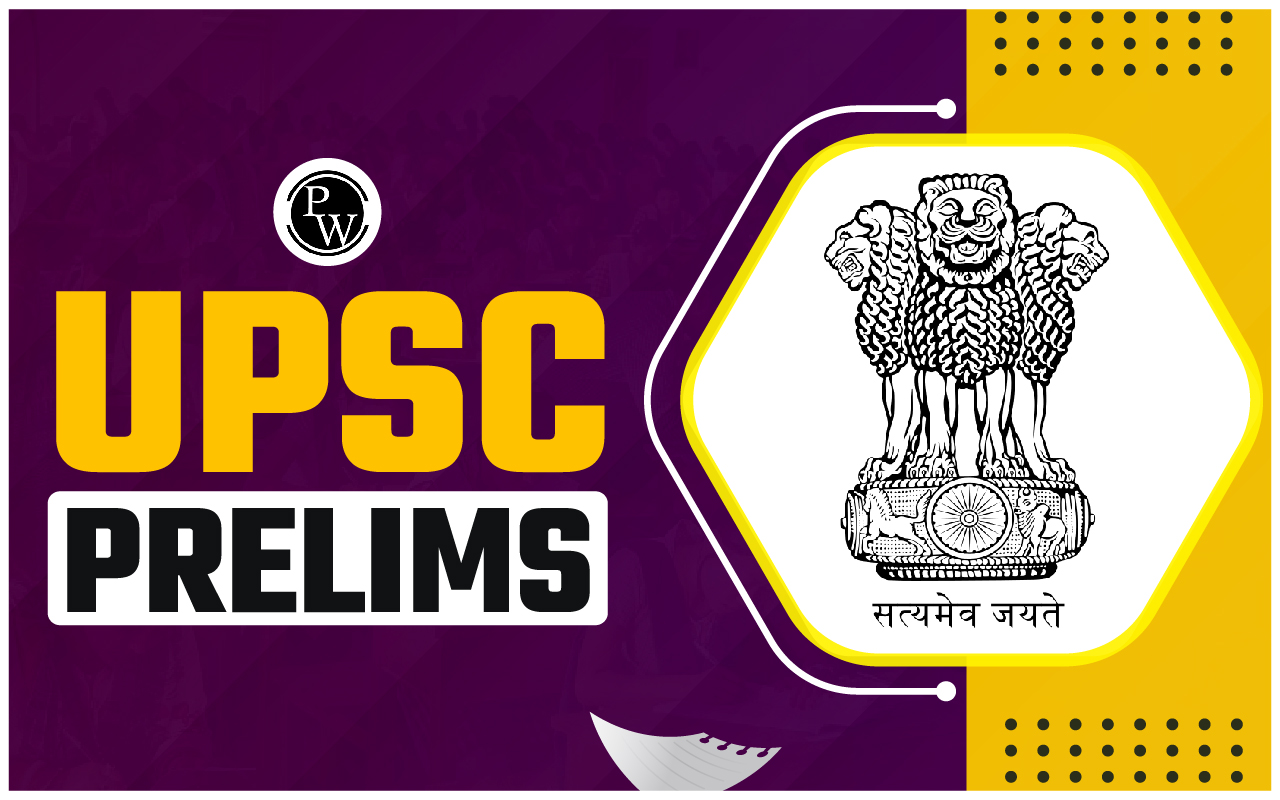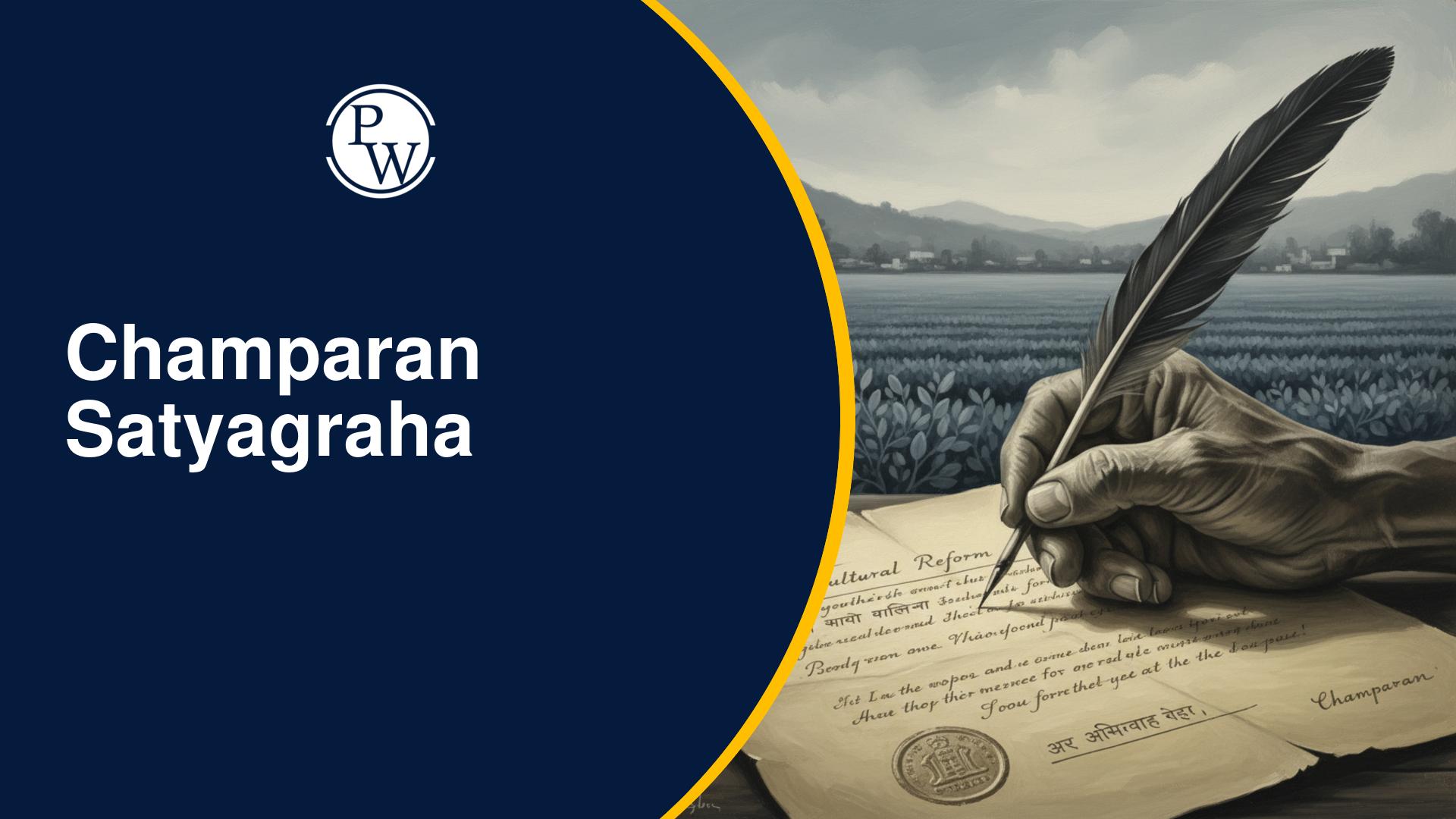
Important Battles in Indian History: India, with its long and complex history, has witnessed numerous battles that shaped the destiny of the subcontinent. From the ancient period to modern times, these battles were fought for power, religion, and territorial control. UPSC aspirants must be familiar with the list and the timeline of important battles in Indian history. Continue reading for the list of battles in Indian History.
List of Important Battles in Indian History
The history of India is rich with various battles that have had lasting impacts on the culture, politics, and geography of the region. These battles are categorized into three major periods:
-
Ancient India
-
Medieval India
-
Modern India
Each of these periods is defined by its unique set of political, military, and social factors. Here is the list of top battles in each era:
Also Check, ‘Difference Between Battle and War’
Important Battles in Ancient Indian History
Ancient India, known for its flourishing kingdoms, rich culture, and spiritual philosophies, witnessed several significant battles. These were often fought between powerful dynasties, with the intent to expand territories and spread influence.
|
Battle Name |
Year |
Between |
Outcome |
|
Battle of the Ten Kings |
14th century BCE |
King of Bharatas vs. a confederation of ten tribes |
Bharatas emerged victorious, leading to the establishment of the Kuru Kingdom. |
|
Battle of Hydaspes |
326 BCE |
Alexander the Great vs. King Porus |
Alexander won but respected Porus, allowing him to retain his kingdom. |
|
Seleucid–Mauryan War |
305–303 BCE |
Chandragupta Maurya vs. Seleucus I Nicator |
Chandragupta secured territories and a marriage alliance with Seleucus. |
|
Kalinga War |
261 BCE |
Ashoka vs. Raja Anantha Padmanabha |
Ashoka won but adopted Buddhism due to the war's brutality. |
|
Battle of Pullalur |
618–619 CE |
Chalukya King Pulakesin II vs. Pallava King Mahendravarman I |
Pulakesin II defeated the Pallavas. |
Important Battles in Medieval Indian History
Medieval India saw the rise of powerful empires, including the Delhi Sultanate and the Mughal Empire. The battles of this period were not just military conflicts but also political struggles for supremacy in the subcontinent. Here is the list of important battles in Medieval Indian History:
|
Battle |
Year |
Between |
Outcome |
|
First Battle of Tarain |
1191 CE |
Prithviraj Chauhan vs. Muhammad Ghori |
Prithviraj defeated Muhammad Ghori, showcasing Rajput strength. |
|
Second Battle of Tarain |
1192 CE |
Muhammad Ghori vs. Prithviraj Chauhan |
Muhammad Ghori defeated Prithviraj, marking the start of Muslim rule in North India. |
|
Battle of Chandawar |
1194 CE |
Muhammad Ghori vs. Jaichandra |
Muhammad Ghori defeated Jaichandra, consolidating his power in northern India. |
|
Battle of Kili |
1299 CE |
Mongols (Chagatai Khanate) vs. Delhi Sultanate |
Delhi Sultanate, under Alauddin Khilji, successfully repelled the Mongol invasion. |
|
Battle of Delhi |
1398 CE |
Timur (Timurids) vs. Tughlaq Dynasty |
Timur sacked Delhi, causing widespread destruction and weakening the Tughlaq dynasty. |
|
First Battle of Panipat |
1526 CE |
Babur vs. Ibrahim Lodi |
Babur's victory established the Mughal Empire in India. |
|
Battle of Khanwa |
1527 CE |
Babur vs. Rana Sanga |
Babur defeated Rana Sanga, solidifying Mughal control over northern India. |
|
Battle of Chanderi |
1528 CE |
Babur vs. Medini Rai |
Babur captured Chanderi, further consolidating Mughal power in central India. |
|
Second Battle of Panipat |
1556 CE |
Akbar (Mughals) vs. Hemu |
Akbar's forces defeated Hemu, ensuring Mughal dominance in northern India. |
|
Battle of Haldighati |
1576 CE |
Maharana Pratap of Mewar vs. Mughal forces (led by Man Singh I) |
Mughals emerged victorious, Maharana Pratap's guerrilla warfare tactics continued. |
List of Important Battles in Modern Indian History
The modern period of Indian history includes the battles fought during the struggle for independence. These battles not only shaped India's political landscape but also determined its eventual freedom from colonial rule. These are some important Battles in Modern Indian History:
|
Battle Name |
Year |
Between |
Outcome |
|
Battle of Plassey |
1757 CE |
British East India Company vs. Siraj-ud-Daulah |
Marked the beginning of British political dominance in India. |
|
Battle of Buxar |
1764 CE |
British East India Company vs. Mir Qasim, Shuja-ud-Daula, and Shah Alam II |
Consolidated British control over Bengal and established the Company's dominance in India. |
|
Third Battle of Panipat |
1761 CE |
Marathas vs. Ahmad Shah Abdali |
Decisive defeat of the Marathas, leading to a decline in their power. |
|
Battle of Wandiwash |
1760 CE |
British vs. French |
Ended French ambitions in India during the Carnatic Wars. |
|
1767–1799 CE |
British East India Company vs. Mysore (Hyder Ali and Tipu Sultan) |
Series of wars that led to the fall of Mysore and strengthened British control. |
|
|
Anglo-Maratha Wars |
1775–1818 CE |
British East India Company vs. Maratha Empire |
Led to the dissolution of the Maratha Empire and British supremacy. |
|
Revolt of 1857 (First War of Independence) |
1857 CE |
Indian rebels vs. British East India Company |
Marked the end of Company rule and the beginning of direct British Crown rule. |
Top 10 Battles in Indian History
Here is a list of the top 10 significant battles in Indian history, based on their historical impact and legacy:
1. Battle of Kurukshetra (Mahabharata)
-
Date: Legendary (circa 3000 BCE)
-
Significance: A mythological battle in Indian epic history, fought between the Pandavas and Kauravas, which acts as a defining narrative in Indian culture and philosophy.
2. Battle of Hydaspes
-
Date: 326 BCE
-
Combatants: Alexander the Great vs. King Porus of Paurava
-
Significance: One of Alexander's most significant victories in the Indian subcontinent, fought on the banks of the Jhelum River. Despite the defeat, Porus's resistance earned him respect from Alexander.
3. Kalinga War
-
Date: 261 BCE
-
Combatants: Emperor Ashoka and the kingdom of Kalinga.
-
Significance: The massive casualties (over 100,000 deaths) in the Kalinga War led Ashoka to embrace Buddhism and adopt a policy of non-violence. Later, Ashoka played a key role in promoting Buddhism beyond India.
4. Battle of Panipat
-
Date: April 21, 1526
-
Combatants: Babur vs. Ibrahim Lodi
-
Significance: The first battle of Panipat marked the beginning of the Mughal Empire in India. Babur’s victory led to the establishment of Mughal rule, shaping Indian history for centuries.
5. Battle of Talikota
-
Date: January 26, 1565
-
Combatants: Deccan Sultanates vs. Vijayanagara Empire
-
Significance: The combined forces of the Deccan Sultanates defeated the Vijayanagara Empire, leading to its decline as a major power in South India and the eventual collapse of the empire.
6. Battle of Plassey
-
Date: June 23, 1757
-
Combatants: British East India Company vs. Nawab of Bengal, Siraj-ud-Daula
-
Significance: This battle marked the beginning of British rule in India. The British victory, largely due to treachery within the Nawab’s ranks, led to British domination of Bengal and, eventually, most of India.
7. Battle of Buxar
-
Date: October 22, 1764
-
Combatants: British East India Company vs. Shuja-ud-Daula, Mir Qasim, and the Nawab of Oudh
-
Significance: This victory solidified the British East India Company’s control over Bengal and extended British influence across India, leading to the expansion of British colonial power.
8. Battle of Kolhapur
-
Year: 1779
-
Combatants: Marathas vs. British East India Company
-
Significance: A key battle in the Maratha-British conflict, which showed the resilience of the Maratha Empire. Despite British victory, the Marathas would continue to be a powerful force in Indian politics for several years.
9. First Battle of Indian Independence
-
Year: 1857
-
Combatants: Indian rebels (Sepoys) vs. British East India Company
-
Significance: Often called the First War of Indian Independence, the revolt against British rule was a key precursor to the eventual independence of India in 1947. Though the rebellion was crushed, it inspired future movements for freedom.
10. Battle of Kohima
-
Date: April 4 to June 22, 1944
-
Combatants: British-Indian forces vs. Imperial Japanese Army
-
Significance: A key World War II battle where British-Indian forces stopped Japan’s advance into India, turning the tide in favor of the Allies in Southeast Asia.
In conclusion, important battles in Indian history played a crucial role in shaping the nation both politically and culturally. Each of these battles marks a turning point, whether in the quest for territorial dominance, the spread of religious changes, or the struggle for independence.
To gain a deeper understanding of these historical events and more, explore PW UPSC Courses and enhance your knowledge of Indian history and culture.
Important Battles in Indian History FAQs
What was the most significant battle in Morden Indian history?
What was the biggest battle in Indian history?
What was the importance of the Second Battle of Panipat?
Which battle marked the beginning of Mughal rule in India?
When did the First War of Indian Independence occur?










